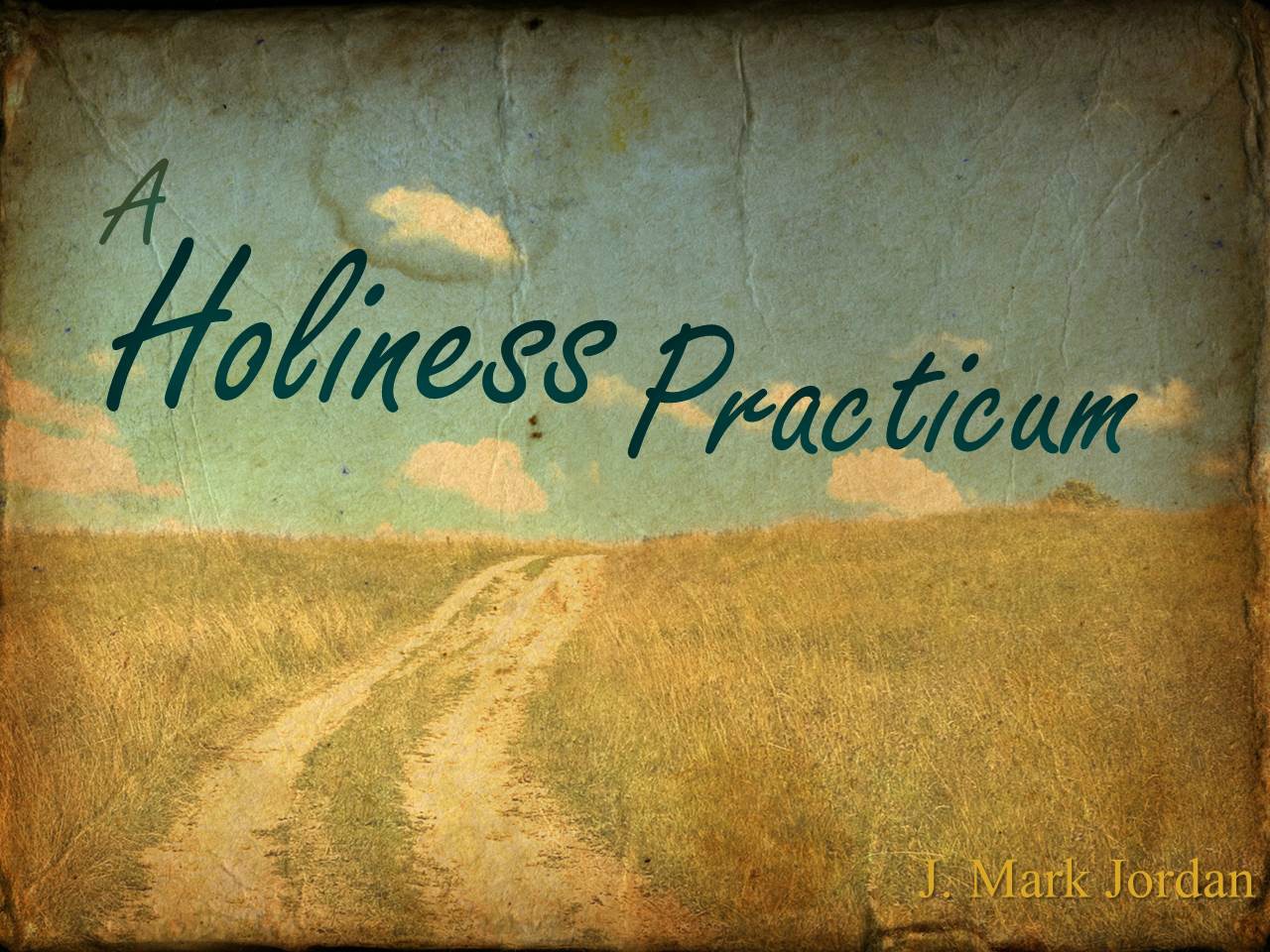Diligent discipleship calls for extensive personal research into every issue related to holiness. It is enough, however, to remember that living a holy life continues to be extremely important to discipleship. Just as deflated currency in an economy translates into worthless dollars, so also deflating the reasonable meaning of Scriptures into useless drivel ultimately devalues the holiness concept. If living a sanctified life is to deliver any measurable real-life impact, it must be defined, weighed, and quantified.

By J. Mark Jordan
To View the Entire Article, Click Here
To Download the Entire Article Directly to Your Computer, Click Here
To View the Outline, Click Here
To View the PowerPoint, Click Here
The Scriptures plainly declare that, without holiness, no man can see the Lord. The Bible also admonishes us, “Be ye holy; for I am holy.” Regardless of how holiness gets defined, no Bible believer can dismiss the whole notion as unimportant or passé. Maintaining a holiness emphasis, although it is a tough job, falls to the “watchman on the wall.” In New Testament vernacular, that means pastors and elders. The later the prophecy clock shows, the more the church needs a strong reminder that watchmen see danger on the horizon. Like a slow, degenerative disease, worldliness creeps in incrementally, changing the face of the church from Christ-likeness to a fearful reflection of the present age. Holiness is not a “holdover”; holiness is integral to our relationship with God. How then should holiness be defined? Holiness has measurable values displayed in a tangible, visible lifestyle, not just in rhetoric. To deny this is to deny the bulk of New Testament writings.
Every serious disciple, therefore, soon pursues the path of holiness after salvation. Since this pathway directly impacts the issues of life, we who follow Jesus find ourselves dealing with dos and don’ts in the way we live. For example, think of a surgeon who understands the importance of hygiene but does nothing to implement hygienic practices in his surgical procedures; or an educator who has mastered educational theory, yet her classroom is in disarray. Likewise, true believers must take what they know about serving God and put it into practice. Here is a practicum to follow that will get you started or will provide a checkup along the way.
Place the impulses of the flesh under strict control.
Put ye on the Lord Jesus Christ, and make not provision for the flesh, to fulfil the lusts thereof (Romans 13:14).
Coveting, wrong affection, and uncontrolled desires will destroy you.
Take great care what you allow your eyes to see.
I will set no wicked thing before mine eyes: I hate the work of them that turn aside; it shall not cleave to me (Psalm 101:3).
Guard your eye-gate from viewing evil by any medium.
Stop cursing, profanity, gossip, and abusive language.
Let the words of my mouth, and the meditation of my heart, be acceptable in thy sight, 0 LORD, my strength, and my redeemer (Psalm 19:14).
Vulgar language, dirty jokes, and idle gossip offend the Spirit of God.
Do not defile or misuse your body.
What? know ye not that your body is the temple of the Holy Ghost which is in you, which ye have of God, and ye are not your own? (I Corinthians 6:19).
Alcohol, tobacco, drugs, or anything that harms the body displeases God. We should glorify God in our bodies.
To View the Entire Article, Click Here
To Download the Entire Article Directly to Your Computer, Click Here
To View the Outline, Click Here



